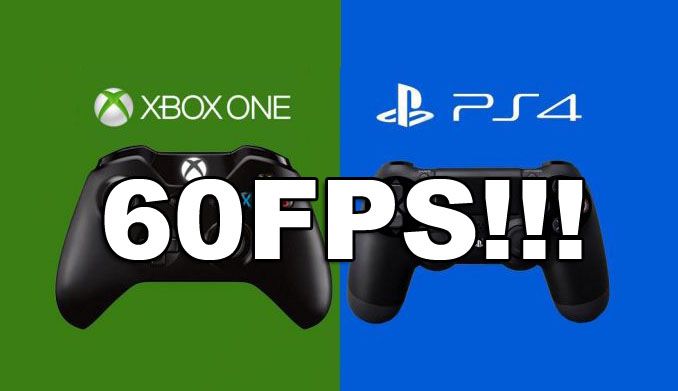The discussion on the pros and cons of having 60 frames per second or 30 with a higher fidelity is always quite heated, especially in this latest generation, and Sony ICE Team (Sony's team dedicated to creating core graphics tech for the house of PlayStation) Programmer Cort Stratton chimed in today on Twitter.
More complex scenes, higher-quality AA, less blocky shadows, more accurate physics, higher clip distance, more particles, etc. to say nothing of the non-graphics-related gameplay features that are sacrificed to fit the frame into a 16.6ms budget. Personally, I'd rather have all of that (and more!) than smoother animation. If smooth anim is your #1 priority, 60+ Hz FTW.
That said, he admitted that input responsiveness and smother animation are important in some genres:
Yes, input latency & smooth animation are the clear benefits of 60Hz. In some genres (FPS, fighting games, etc.), that's key.
To another user that argued that higher frame rate is key in all genres, he responded:
That is true, in magical gumdrop land where moving to a higher frame rate doesn't require anything else to be cut. In practice we weigh the clear benefits of 60Hz against everything we can't do anymore with only 50% of compute power.
I'm saying it's a trade off that devs must (and do) consider. Performance does not always trump everything else. Sometimes it does. (I am not arguing any particular set of priorities; I'm just pointing out that other perspectives exist & must be considered)
Stratton also explained why a most console games nowadays are locked at 30 or 60 FPS, and not somewhere in between:
Most displays refresh at 60Hz. If a game's frame rate isn't a divisor of 60, you get either get screen tearing or stalls. Actually, this StackOverflow answer has a decent explanation.
When asked if a game would feel laggy at 60 FPS on a 120 Hz monitor, he responded:
Lag won't be an issue. I'm not sure there'd be much benefit though; aren't most console games are locked at 30 or 60?
And when the user mentioned that he wanted something future-proof, he hinted that the future may not be over 60 FPS.
That only works if the future is high-frame-rate games : )
It's hard to find any fault in Stratton's reasoning. High frame rate is great, but there are games that benefit from other factors more, and it's part of a developer's job to define what's best for his game.
Incidentally, if you want to catch a glimpse on what the sancta sanctorum office of Sony's ICE Team looks like, Stratton posted a picture.
Apparently, his colleagues are also quite droll:

